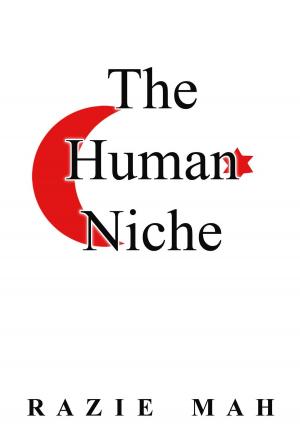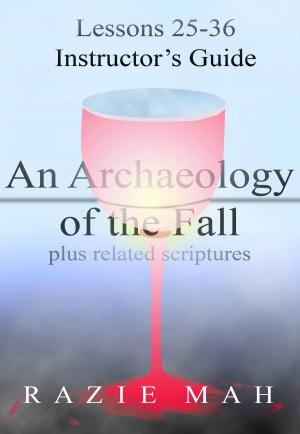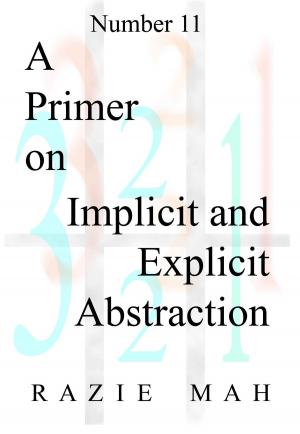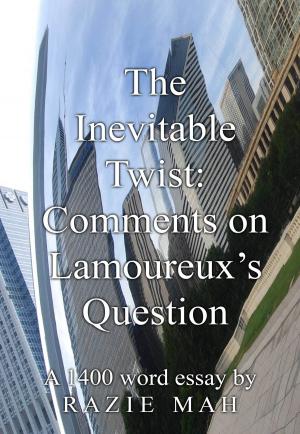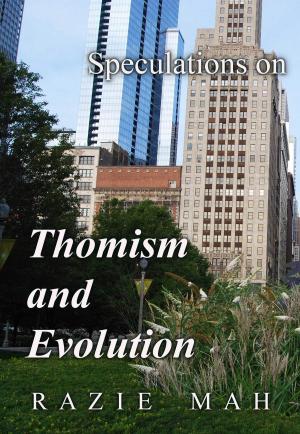Comments on Jacques Maritain's Book (1935) Philosophy of Nature
Nonfiction, Science & Nature, Science, Other Sciences, Philosophy & Social Aspects, Religion & Spirituality| Author: | Razie Mah | ISBN: | 9781942824497 |
| Publisher: | Razie Mah | Publication: | July 1, 2018 |
| Imprint: | Smashwords Edition | Language: | English |
| Author: | Razie Mah |
| ISBN: | 9781942824497 |
| Publisher: | Razie Mah |
| Publication: | July 1, 2018 |
| Imprint: | Smashwords Edition |
| Language: | English |
Philosopher Jacques Maritain serves as a keystone in the recovery from the excesses of the Age of Ideas (as defined by John Deely, in his masterwork, Four Ages of Understanding). Maritain strives to recover Thomism during the 20th century. But, there are difficulties. The mechanical philosophers of the 17th century jettisoned scholasticism. The scam worked for over three hundred years.
The lockout of Aristotle coincided with a change of terminology. Today, scholastic words stand as vessels. But, we have difficulty re-conceiving the contents. The change of terminology comes on the heels of another change, well underway in the 13th century, from Plato to Aristotle as a paradigm of inquiry.
Now comes another shift.
In the late 19th century, Charles S. Peirce discovered that the sign is a triadic relation. Ironically, the Baroque scholastic, John Poinsot, formulated the sign as a triadic relation in the 17th century. No one knew. In fact, no one would know today if Maritain had not suggested that Deely look into the matter. Deely found John Poinsot's definition of sign.
Today, Daniel Novotny carries on the study of the Baroque scholastics.
Aristotle's causalities participate in triadic relations.
When the early modernists exiled Aristotle, they also blocked the way to understanding triadic relations.
Maritain's book opens the door to a recovery.
In these comments, the shifting balance among the empirical sciences, religion and natural philosophy are rendered as judgments. There are two types of judgments. Reflective judgments do not unfold into category-based nested forms. Actionable judgments do.
Here is a scholarly portal into the fourth age of understanding.
Philosopher Jacques Maritain serves as a keystone in the recovery from the excesses of the Age of Ideas (as defined by John Deely, in his masterwork, Four Ages of Understanding). Maritain strives to recover Thomism during the 20th century. But, there are difficulties. The mechanical philosophers of the 17th century jettisoned scholasticism. The scam worked for over three hundred years.
The lockout of Aristotle coincided with a change of terminology. Today, scholastic words stand as vessels. But, we have difficulty re-conceiving the contents. The change of terminology comes on the heels of another change, well underway in the 13th century, from Plato to Aristotle as a paradigm of inquiry.
Now comes another shift.
In the late 19th century, Charles S. Peirce discovered that the sign is a triadic relation. Ironically, the Baroque scholastic, John Poinsot, formulated the sign as a triadic relation in the 17th century. No one knew. In fact, no one would know today if Maritain had not suggested that Deely look into the matter. Deely found John Poinsot's definition of sign.
Today, Daniel Novotny carries on the study of the Baroque scholastics.
Aristotle's causalities participate in triadic relations.
When the early modernists exiled Aristotle, they also blocked the way to understanding triadic relations.
Maritain's book opens the door to a recovery.
In these comments, the shifting balance among the empirical sciences, religion and natural philosophy are rendered as judgments. There are two types of judgments. Reflective judgments do not unfold into category-based nested forms. Actionable judgments do.
Here is a scholarly portal into the fourth age of understanding.

